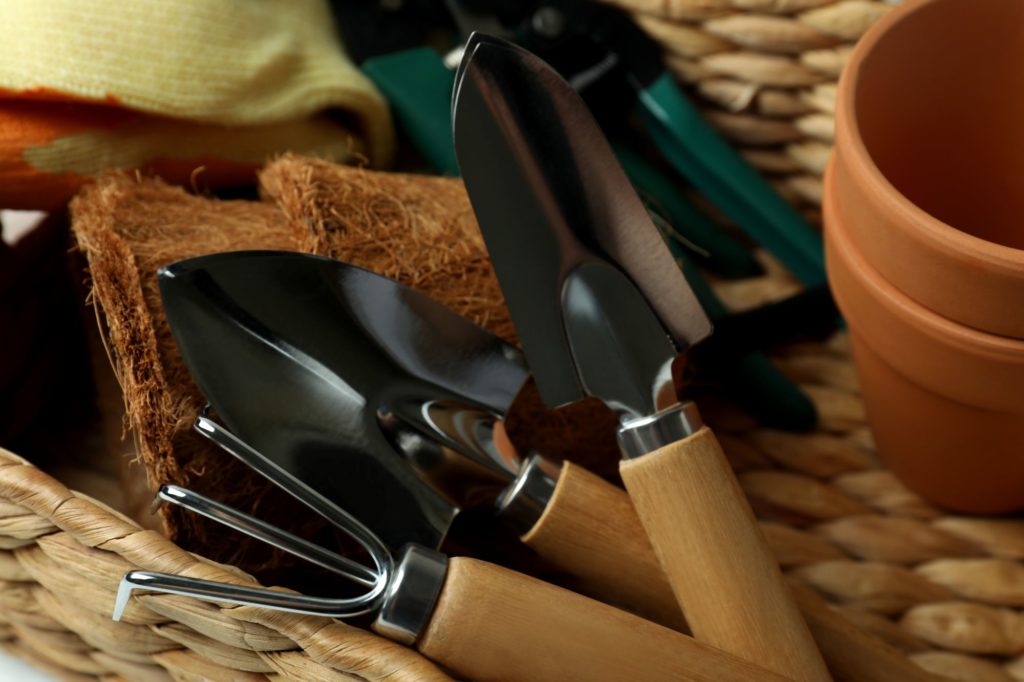As winter wanes and the first signs of spring begin to peek through, it’s time to get your garden ready for a season of growth and beauty. Before you dive into planting, you likely have a checklist of organizational chores to tackle. These end-of-winter or early spring tasks will help you and your garden have strong foundations in order to thrive this season.
1. Garden Tools Tune-up
Your tools have likely been hibernating all winter. Now’s the time to bring them out for inspection and maintenance. Clean off any dirt and rust, sharpen blades, oil moving parts, and replace any tools that are beyond repair. Well-maintained tools can make garden work easier and more enjoyable!

2. Clear Debris and Weeds
Winter can leave your garden beds with debris, dead leaves, and weeds. Clearing them away not only tidies up your space but also removes potential habitats for pests. Be gentle with soil to avoid disturbing dormant perennials or beneficial insects in the ground.
3. Soil Care
Healthy soil is the backbone of a productive garden. Consider testing your existing soil to see what nutrients it might be lacking and amend accordingly with compost, manure, or other organic matter.
4. Plan Your Plantings
Reflect on last year’s garden and decide what changes—if any—you want to make. Sketch a rough layout of where you want to plant different crops, considering companion planting and nutrient distribution.
5. Organize Your Garden Space
Take a look at your garden layout. Could you make better use of your space with raised beds, trellises, or new paths? Now is the perfect time to build or install these structures so they’re ready when you need them.
6. Start Seeds Indoors
For plants that have a longer growing season, starting seeds indoors can give them a head start. If you haven’t already, use the time now to sow seeds according to their specific timing needs, so they’re ready to transplant after the last frost. Label everything clearly, and keep a log of what you’ve planted and when. You might need to use supplemental lighting to compensate for lower levels of sunlight.
7. Prune Dormant Trees and Shrubs
Late winter or early spring is an opportune time to prune many types of deciduous trees and shrubs. Pruning before the plants come out of dormancy encourages healthy growth and flowering. However, plants that are already out of dormancy will likely use their energy to create new leaves and blossoms, instead of healing the pruned areas.
8. Check Irrigation Systems
Before your gardening is in full swing, check any irrigation systems or hoses for leaks or blockages.
9. Embrace a Fresh Start
Finally, view the coming season as a fresh start. Whether last year was a success or a learning experience, each new season offers a chance to improve, experiment, and grow.
By taking the time now to prepare your garden for spring, you’re laying the groundwork for a lush, productive, and enjoyable space. If you have questions or need supplies, visit your local garden center or nursery.
This blog post is meant for informational purposes only and does not constitute professional gardening advice. It may not apply to each hardiness growing zone. If you have questions, contact your local garden center or nursery.